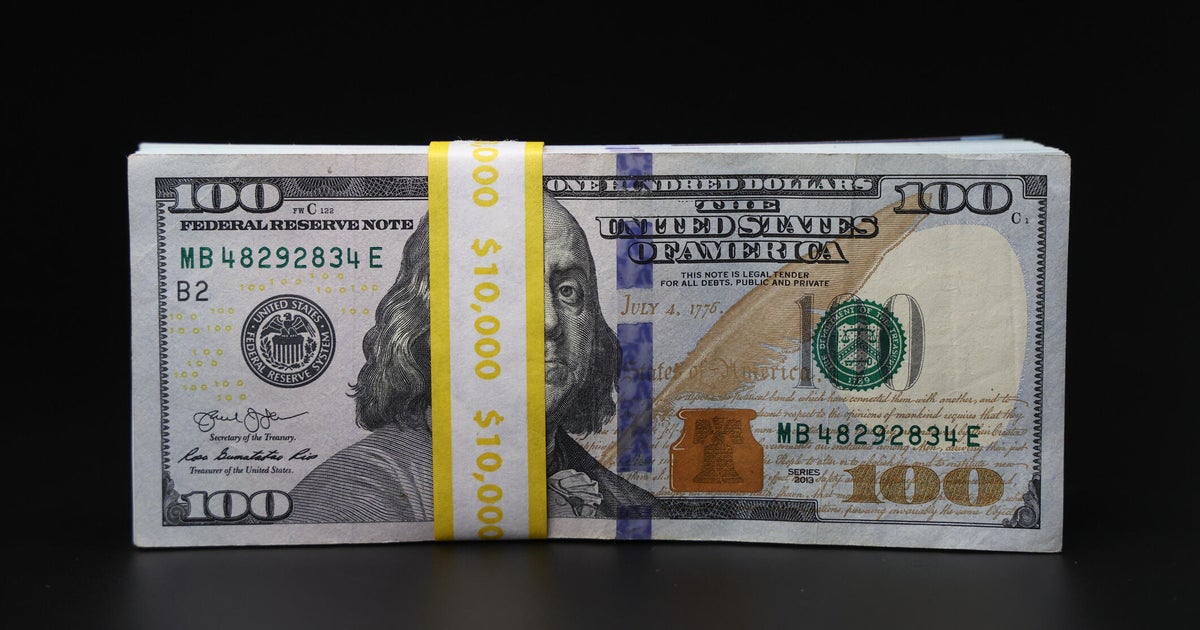Short-term CD vs. high-yield savings account: Which is better?
With interest rates on savings accounts the highest they've been in years, many depositors find themselves with appealing options to choose from. High-yield savings and certificates of deposit (CD) accounts, in particular, are offering interest rates exponentially higher than what can be secured with regular savings accounts. But each account type operates differently, leading many to wonder which is better for them.
CDs, for example, come in various term lengths, at which point they will expire and the interest rate they were opened with will have changed. High-yield savings accounts, in the meantime, offer the prevailing interest rate at the time of account opening but are subject to rate changes as the economy and larger rate environment adjust. With this understanding, savers should do their research and evaluate their options to determine the best course of action.
Start by exploring CD rates here now to see how much more money you could be earning.
Short-term CD vs. high-yield savings account: Which is better?
Not sure if a short-term CD or a high-yield savings account is better for you? Here's what to know now.
When a short-term CD is better
A short-term CD is typically considered to be any CD with a term of less than 12 months. Popular short-term CD terms include three and six months. Historically, long-term CDs have had the highest interest rates, but in today's market, the highest rates are usually tied to short-term CDs. You can typically find a short-term CD with a rate of 4% to 5% or higher by shopping around online.
Short-term CDs will be better for you if you're concerned about the rate environment changing — and interest rates decreasing. Because rates on CDs are locked — and those rates are typically highest for short-term CDs — you'll earn the interest on your CD, no matter what happens during its term. They're also typically better for those who don't mind locking away their money or for those who want to protect their money from an endless cycle of deposits and withdrawals.
So if you want to earn the highest interest rate possible, and don't mind doing so for a few months or even a year, then a short-term CD may be better for you than a high-yield savings account.
Start saving - and earning more interest - with a short-term CD here now!
When a high-yield savings account is better
High-yield savings accounts operate just like regular savings accounts do, albeit with an exponentially higher interest rate. Rates on regular savings accounts are around 0.42%, according to the FDIC. But high-yield savings accounts have comparable rates to CDs, especially if you're willing to use an online bank.
A high-yield savings account is better for those who want to earn high interest but still want (or need) to access the funds. Your money won't be locked away with a high-yield account and some online banks may even provide a debit card like you already have with your regular accounts.
High-yield savings accounts may also be better over the long haul than a short-term CD will. That's because high-yield savings account rates won't end at the conclusion of any term — they'll continue to earn interest as long as you have money in the account (and as long as you meet the requirements). Yes, that rate could drop in the future, but that may be a gamble worth taking compared to the certainty that a short-term CD rate will end when the term expires.
Not sure if a high-yield savings account is worth it for you? Explore your options here now to see how much more you could be making.
The bottom line
In today's high rate environment, both CDs and high-yield savings accounts offer depositors beneficial ways to protect and grow their money. There is no definitive answer to the question of "Which is better?" Instead, savers need to understand their own personal financial goals and preferences. They also need to know their comfort level with locking their money away for a set time period (with CDs) or putting their money in an online bank (which may not be as accessible). Regardless of which option they choose, both short-term CDs and high-yield savings accounts are worth pursuing now, if only to earn more interest than savers would get by leaving their money untouched.




